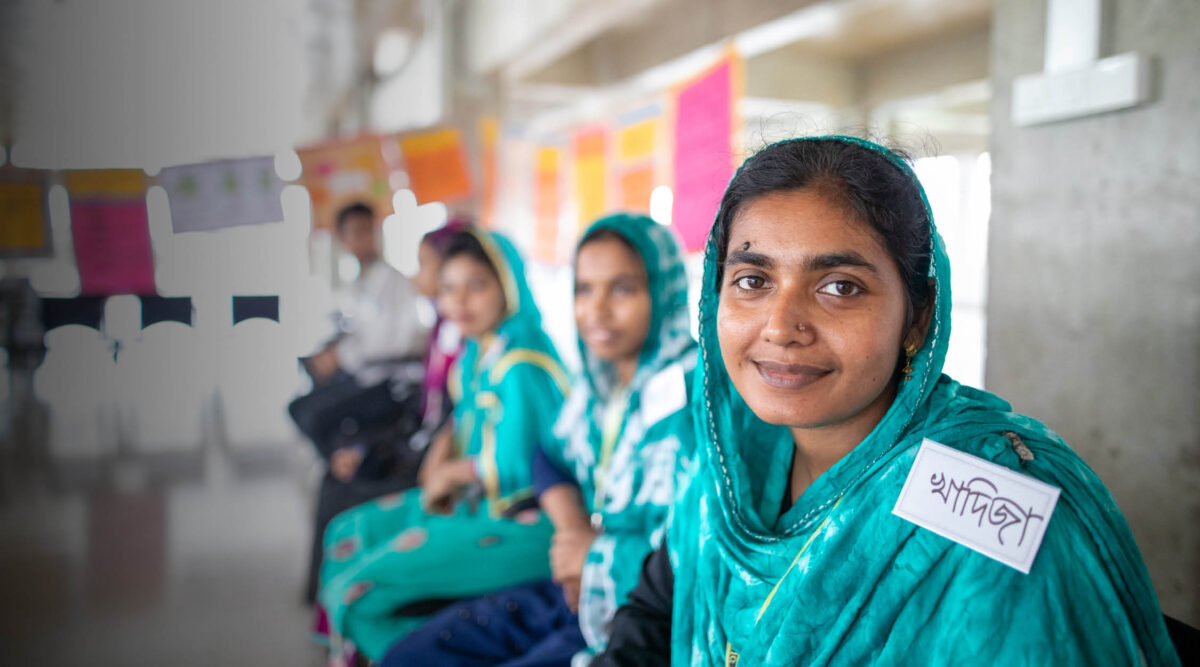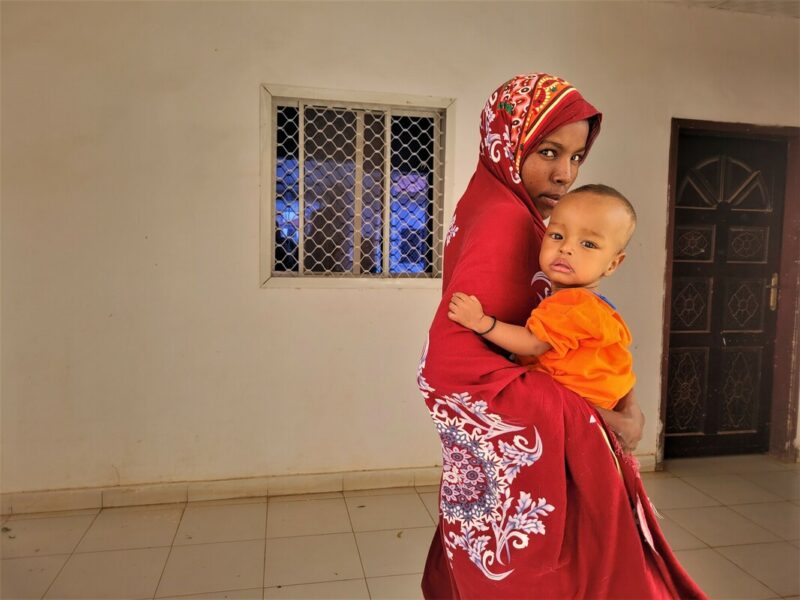Ukraine: risk of trafficking, exploitation and maternal deaths
As the world marks International Women’s Day, the aid organisation CARE is warning the war in Ukraine comes with specific and concerning risks for women and girls.
With men aged between 18 and 60 required to stay and fight, the majority of the more than 1.5 million refugees currently fleeing the conflict are women and children.
CARE’s Emergency Media Manager, Ninja Taprogge, says that at the border crossings and in reception centres, exploitation, abuse and trafficking is a real concern.
“While we applaud the goodwill of host communities and volunteers, getting in a stranger’s car or staying in a house with someone unknown creates obvious risks, especially for women and young girls travelling on their own,” says Ms Taprogge, who is currently at the border of Poland and Ukraine.
“For women who have been forced to flee their homes, who are far away from their usual support networks and usual means of income; exploitation — including sexual exploitation — is a real risk.”
There is a dire need for coordinated protection services to register and accompany those fleeing the conflict, arriving exhausted and disoriented.
In any such crisis situation, refugees are less at risk when they have choices and options. This means ensuring they have adequate legal protection, the correct papers, and are fully aware of their rights.
“We also need to provide cash, shelter, food and ongoing income support to vulnerable people so they’re not at risk of exploitation,” Ms Taprogge says.
Ms Taprogge also stresses the need for sexual, reproductive and maternal health services as part of the humanitarian response.
“Breastfeeding mothers and pregnant women have been waiting up to two days in the freezing cold to cross the border. Imagine you’re on the road with an infant, with nowhere to feed and change them out of the cold. Or imagine you’re pregnant and have chosen to stay, but your local hospital has closed due to the risk of shelling. Where are you going to deliver your baby?”
According to the World Health Organisation, an estimated 60% of preventable maternal deaths in the world take place in fragile settings where political conflict, displacement and natural disasters prevail.
CARE asks donors to ensure there are sexual, reproductive and maternal health services inside Ukraine and along refugee routes to meet the demand, as well as services to prevent and respond to violence against women.
CARE is supporting its local partner organisations to provide warm, safe spaces for refugees to rest at border crossings, and send durable food, sleeping bags, diapers and other essentials into Ukraine.
“One of the best ways to ensure the specific needs and vulnerabilities of women are addressed is to fund women’s organisations in Ukraine, and other local organisations led by and serving specific groups, such as people with disabilities. These groups also need to be consulted as the international humanitarian response is planned, because their local knowledge, skills and networks are invaluable,” Ms Taprogge says.
CARE is also recommending neighbouring countries collect statistics on the gender, age and disability status of refugees so that humanitarian responses can accurately understand refugee demographics in order to effectively meet their needs.
For more information, see CARE’s Rapid Gender Analysis on Ukraine, March 2022
Donate to CARE Australia’s Ukraine crisis appeal
For media enquiries, contact Iona Salter on 0413 185 634



0 Comments Leave new